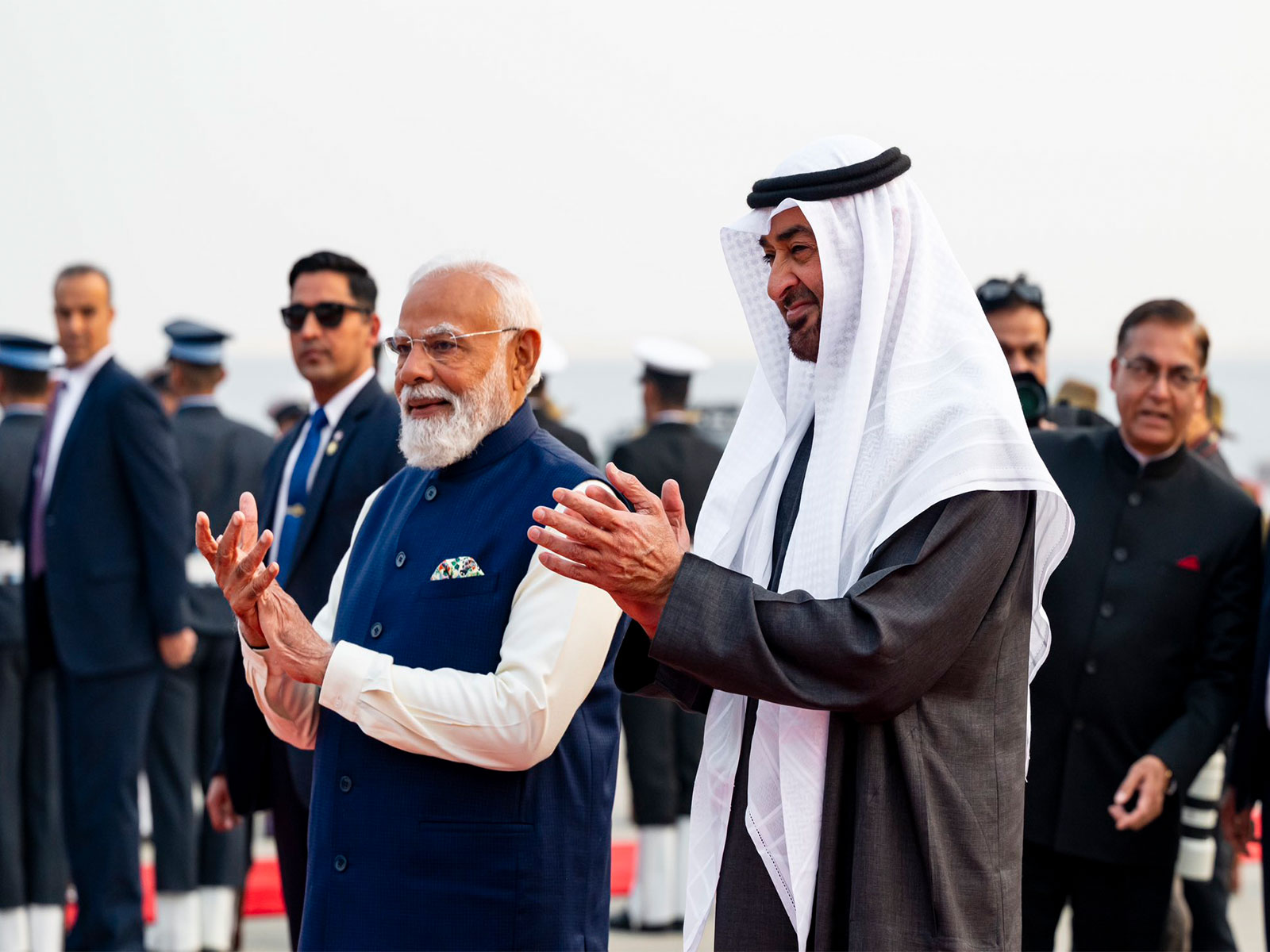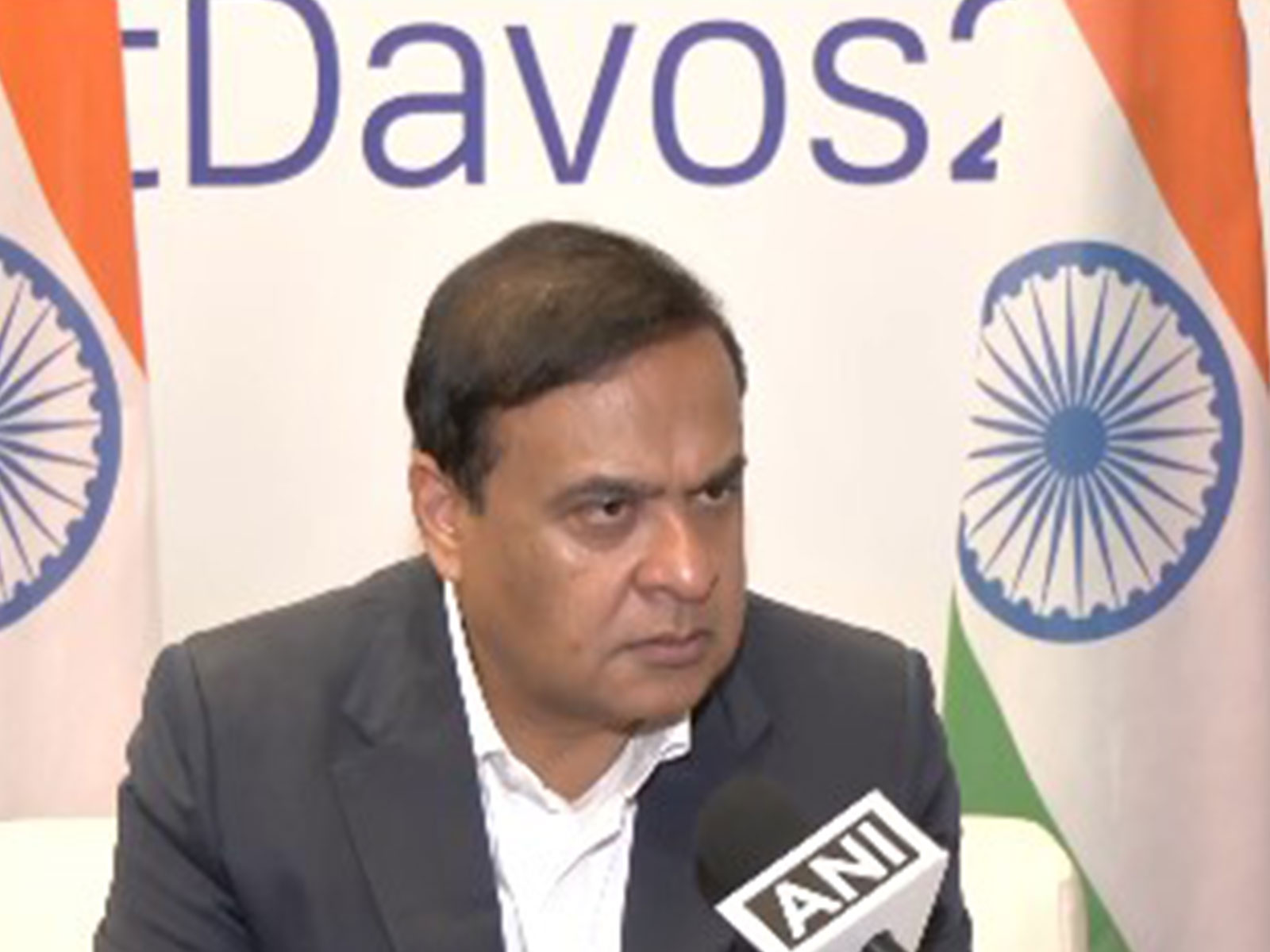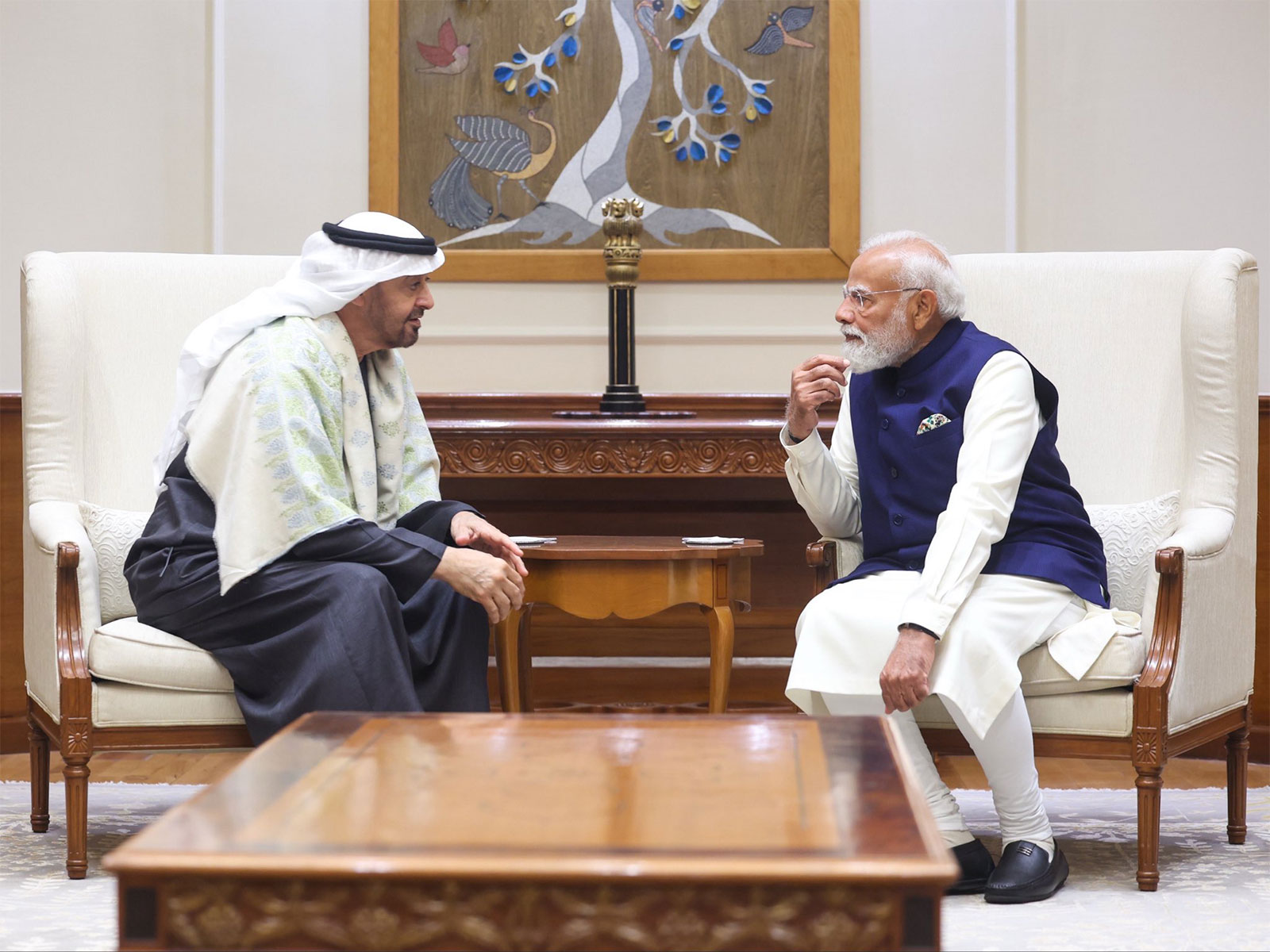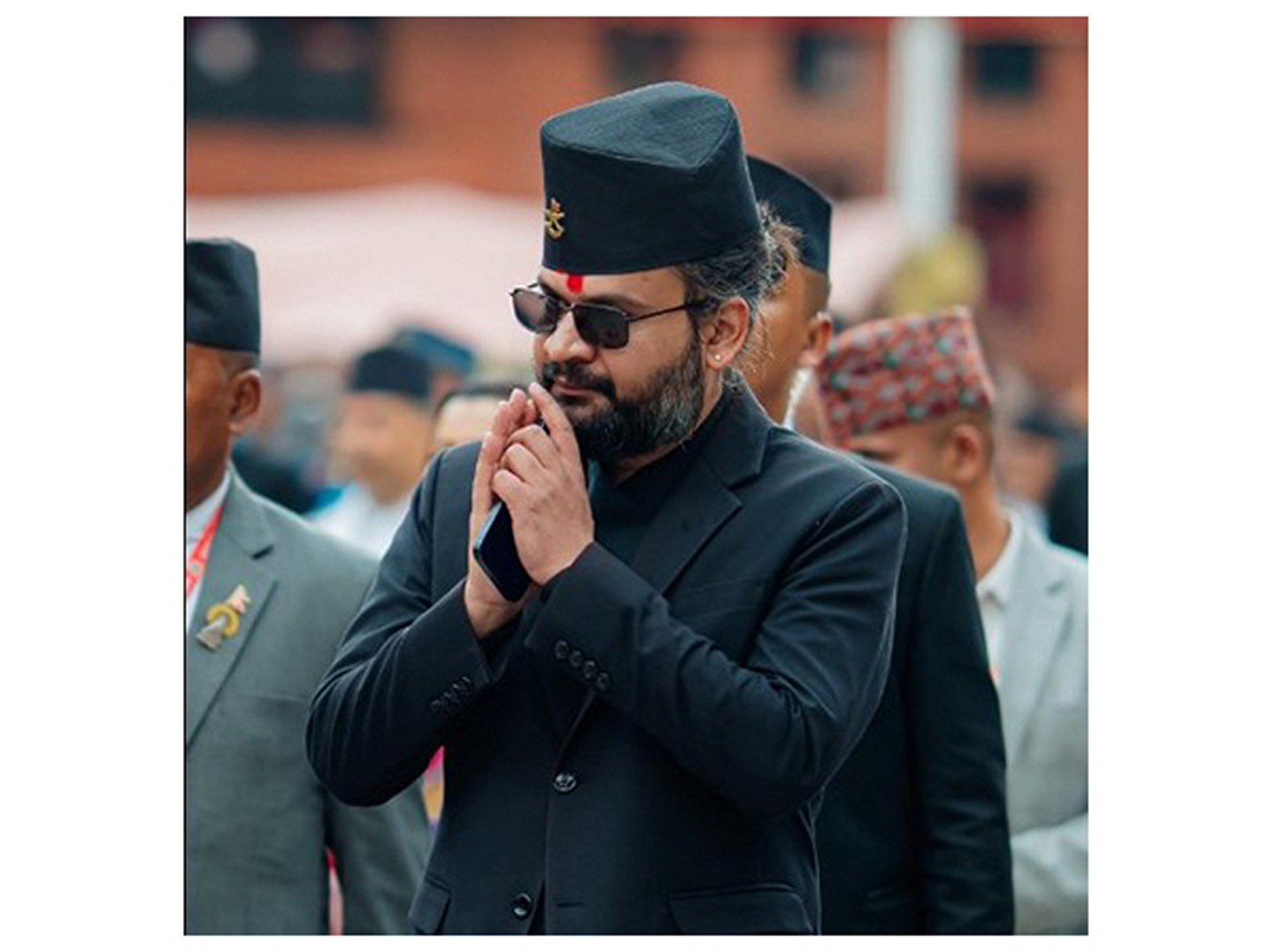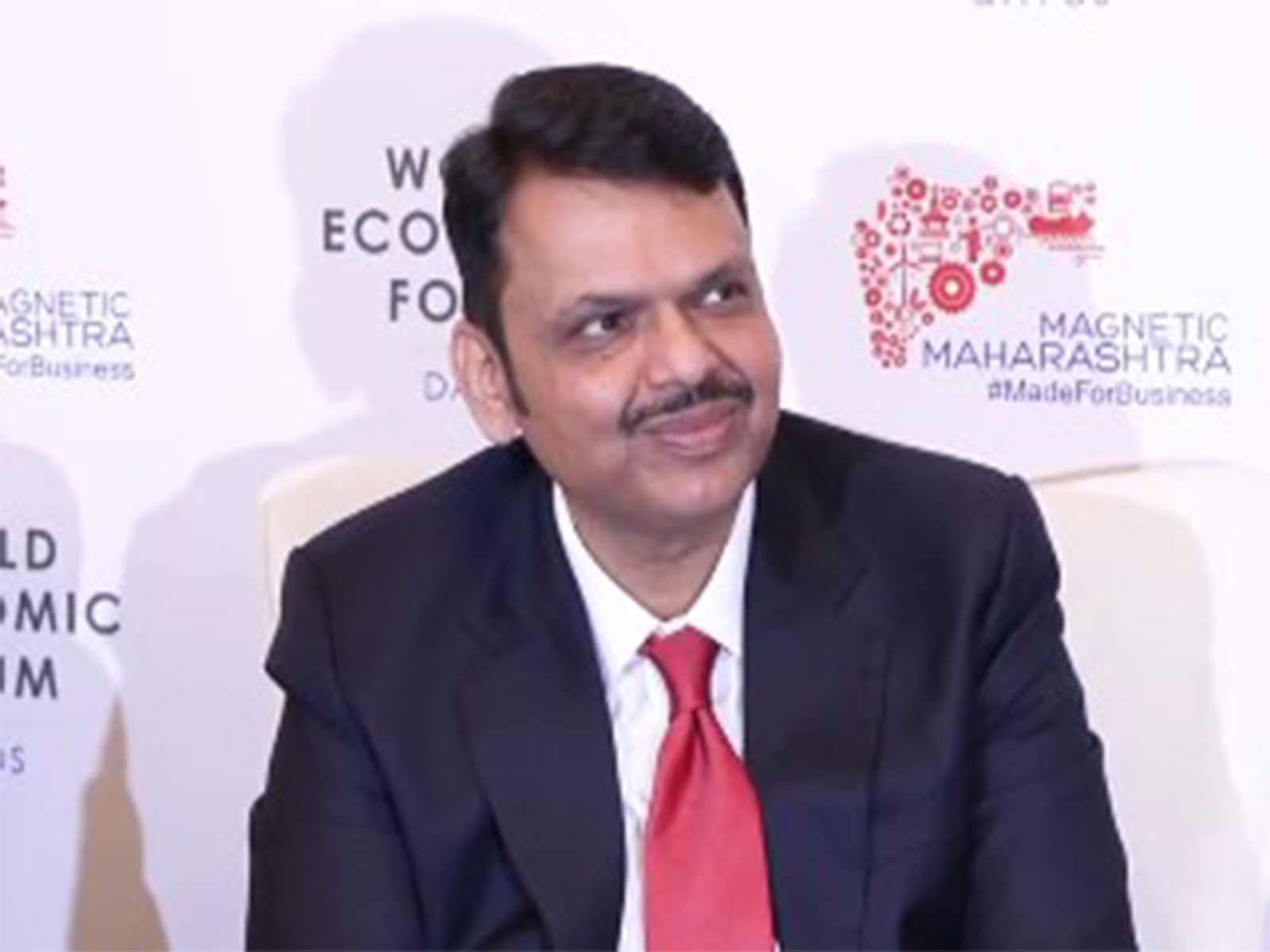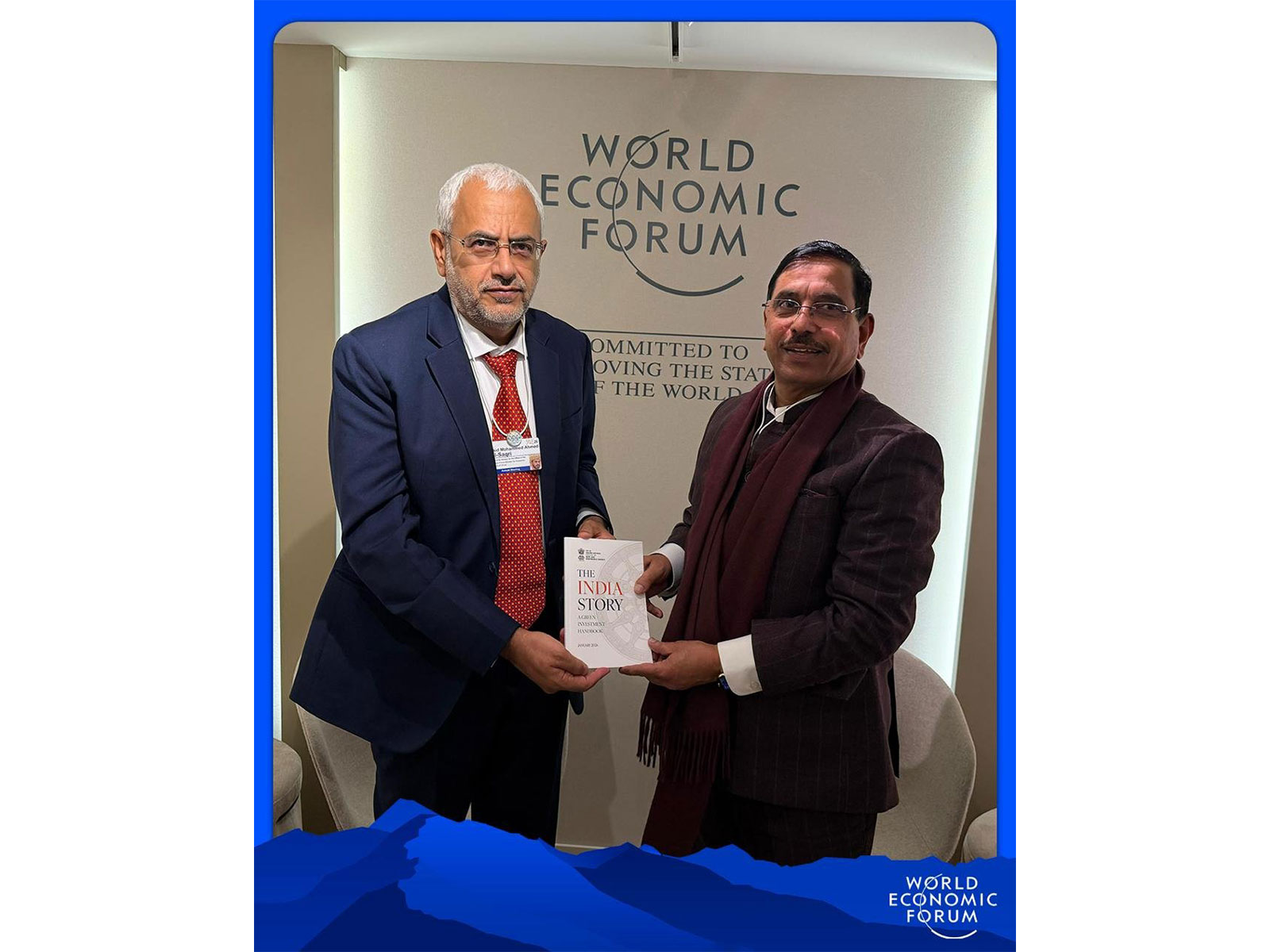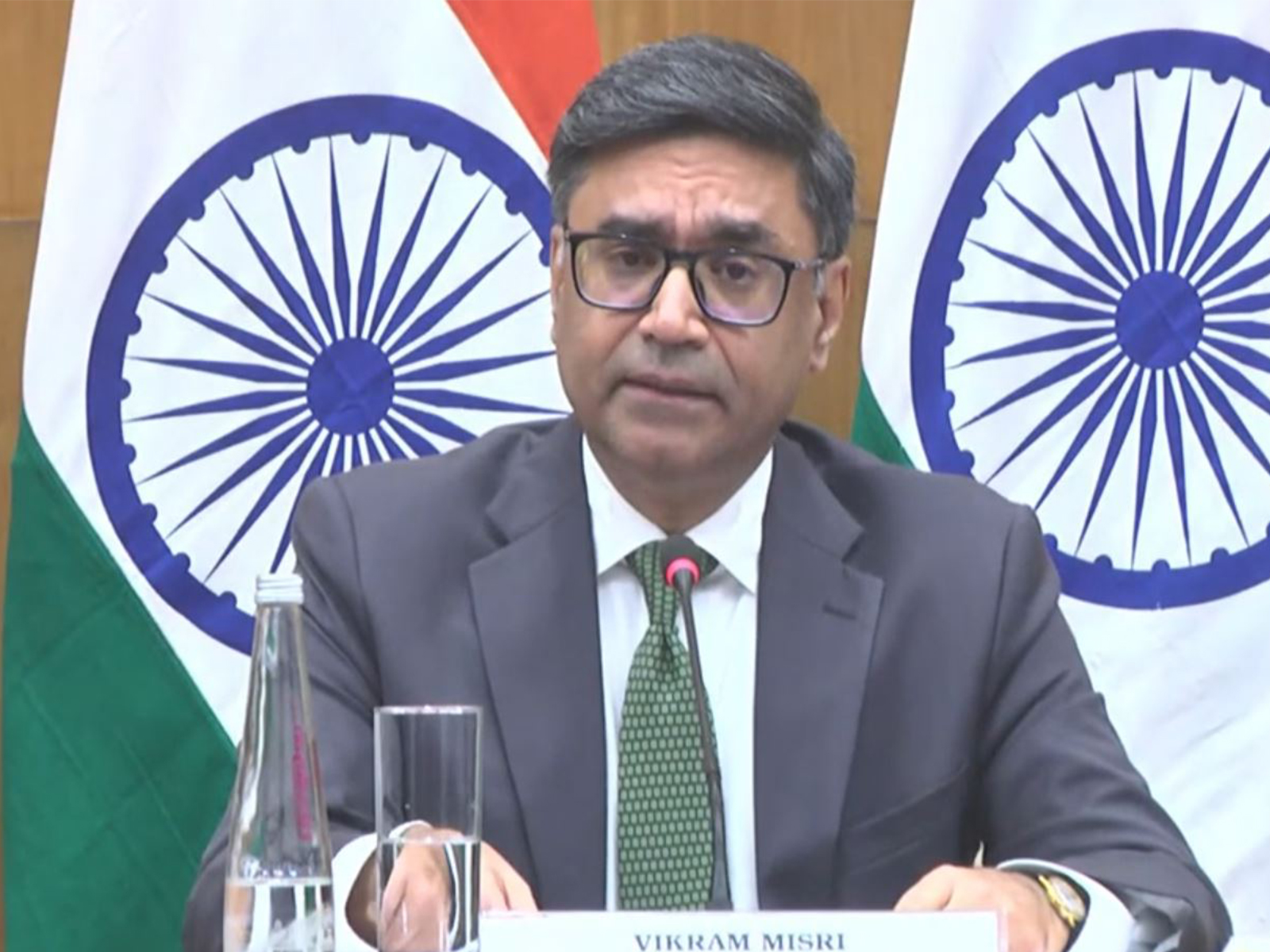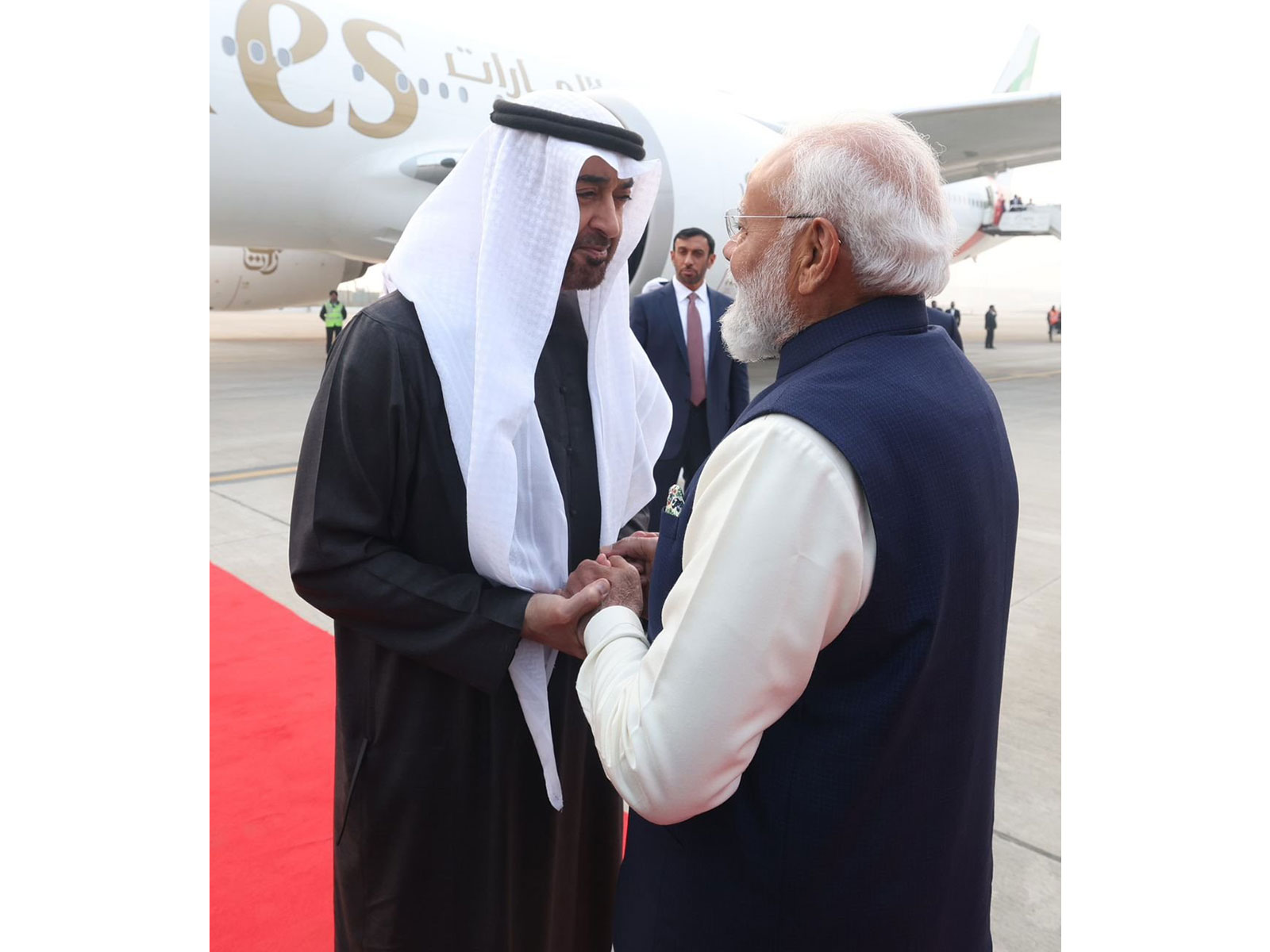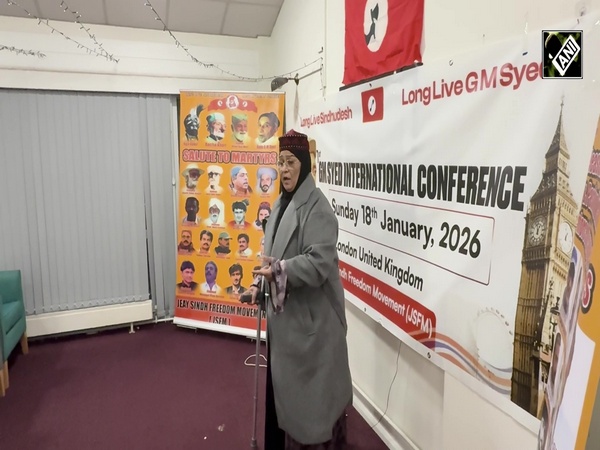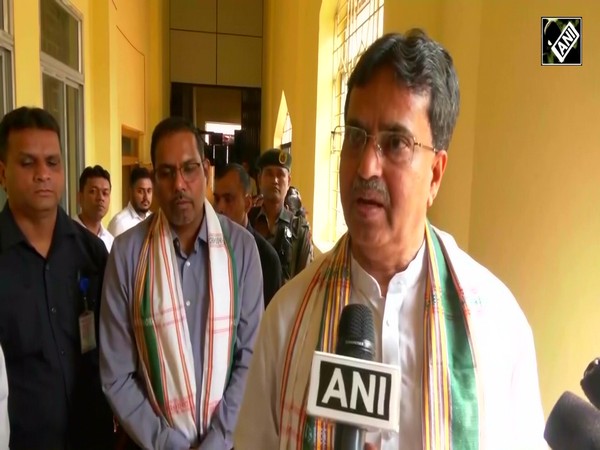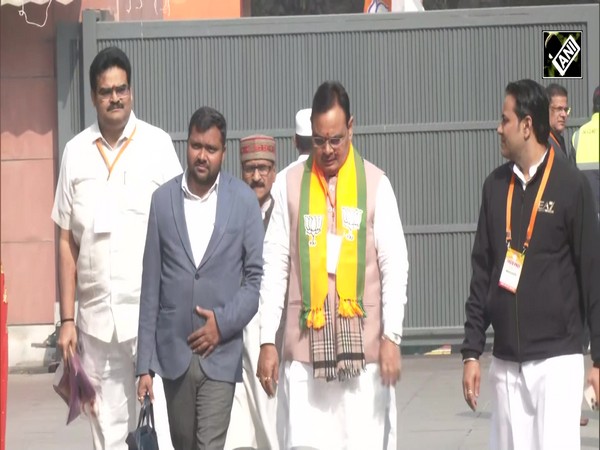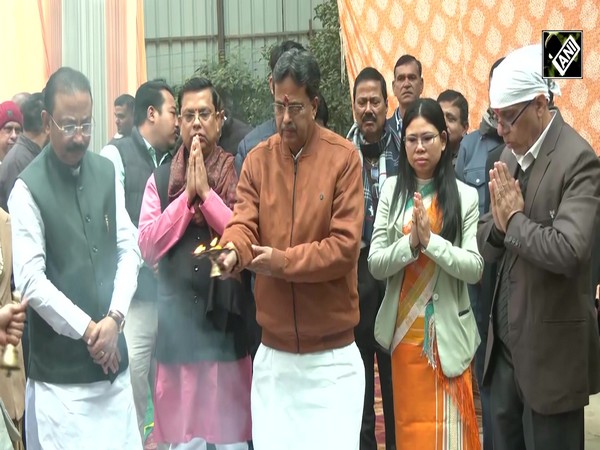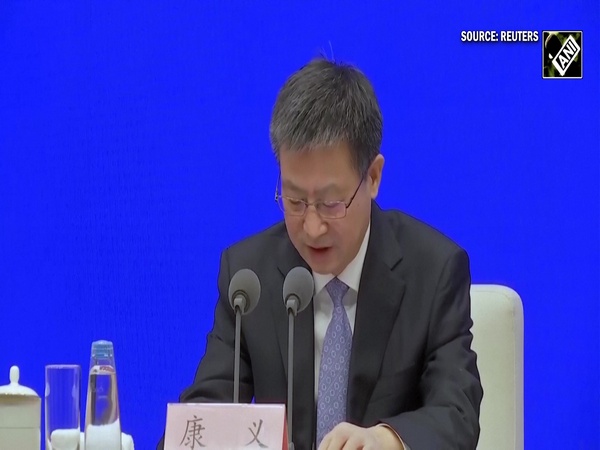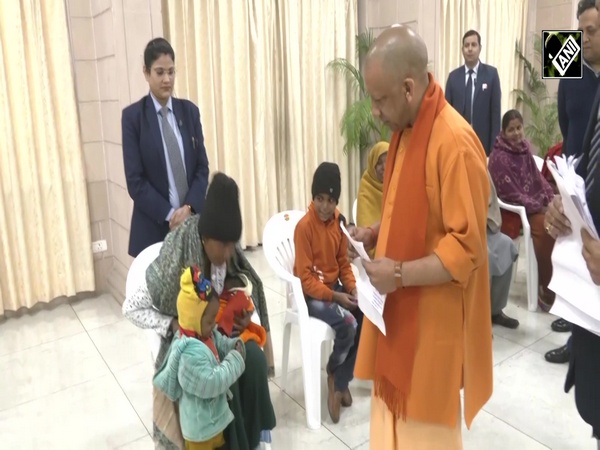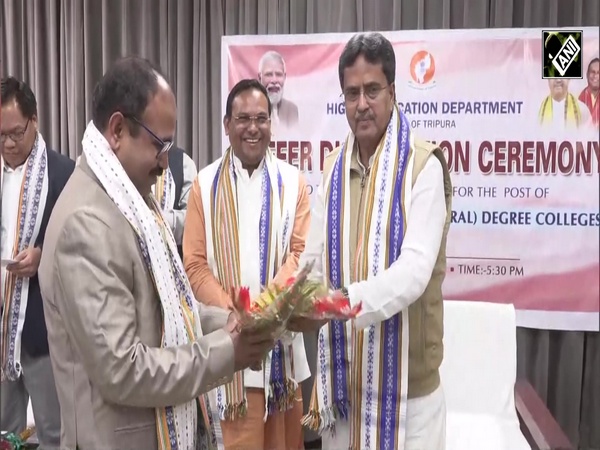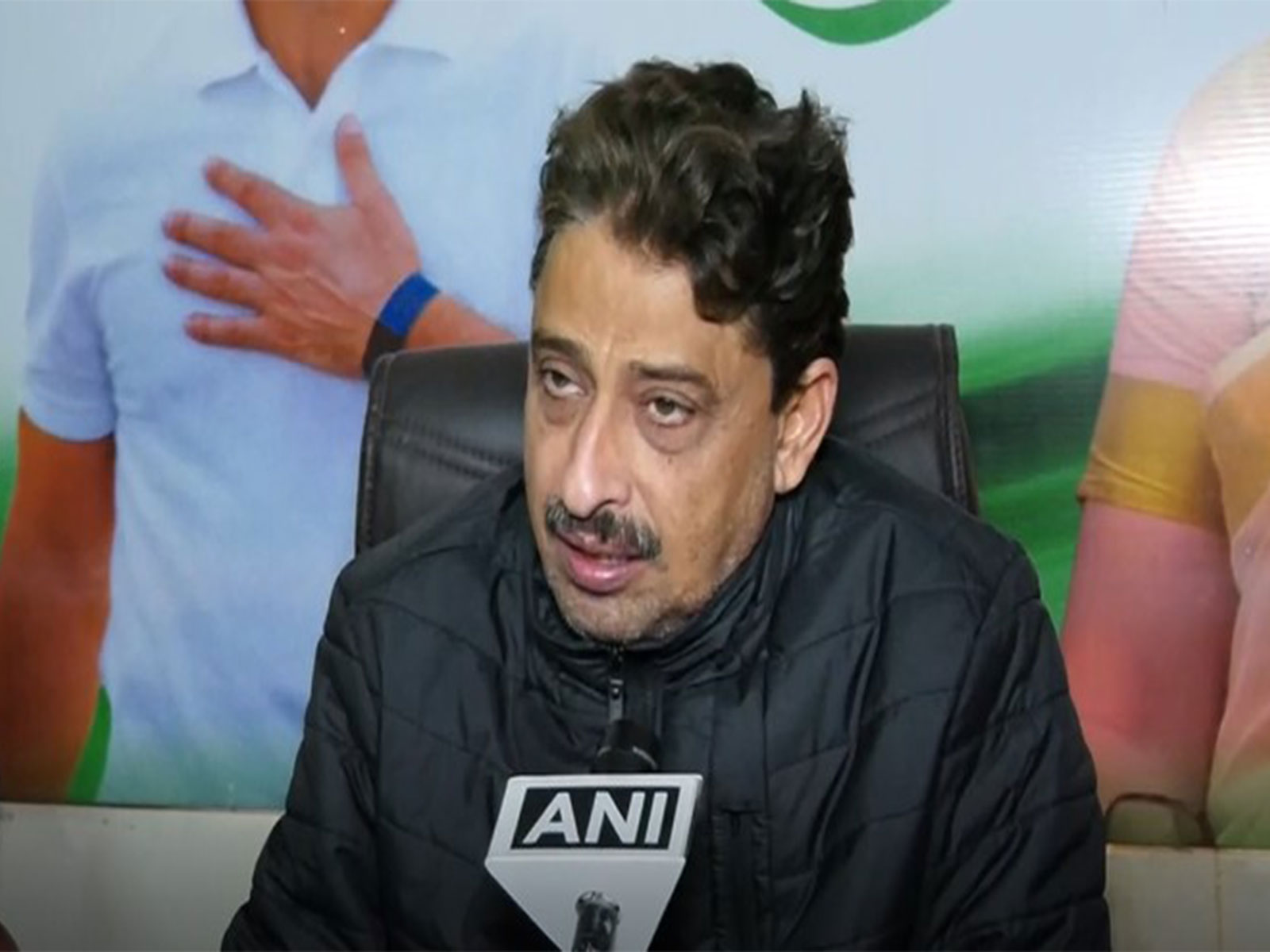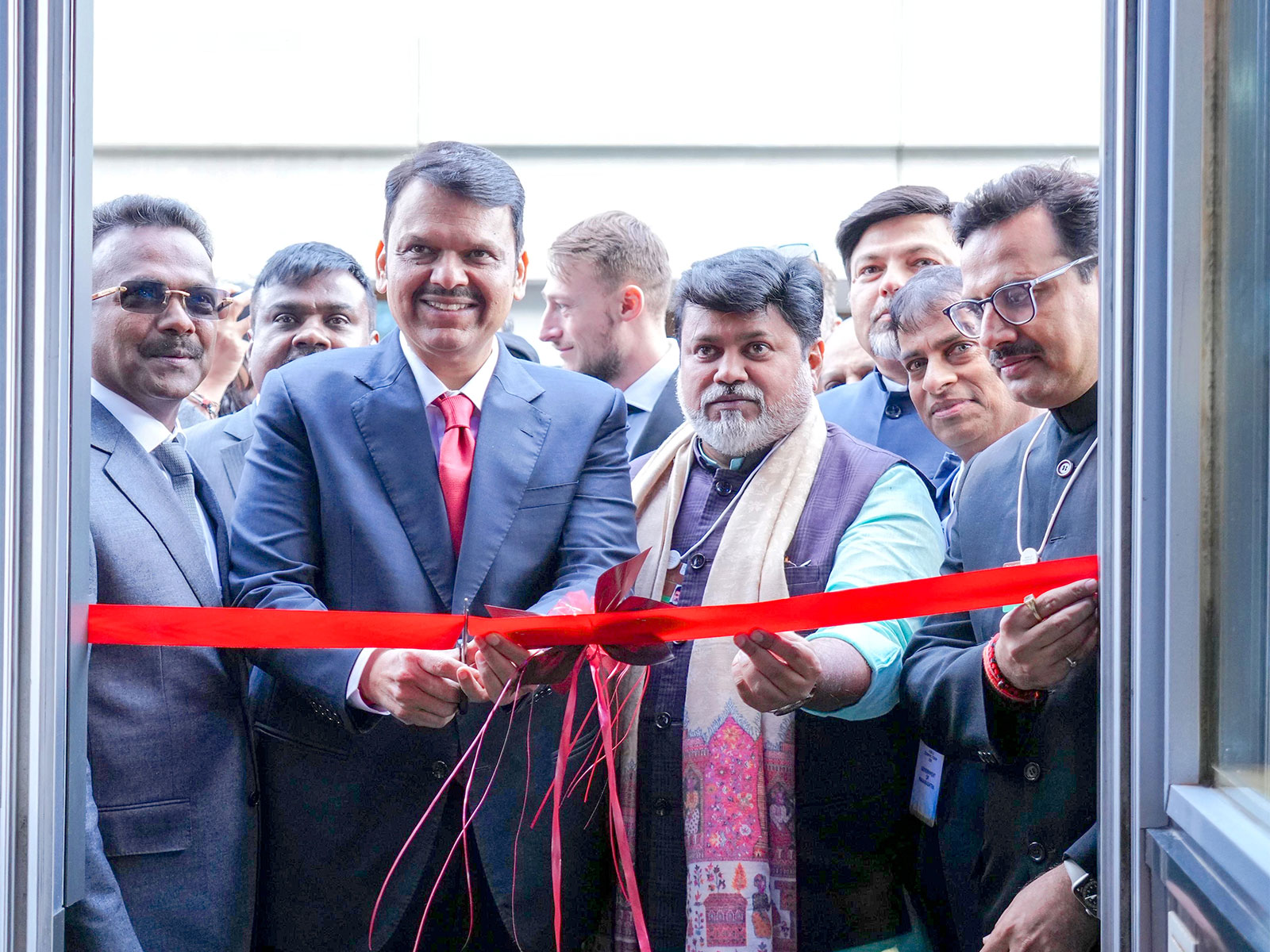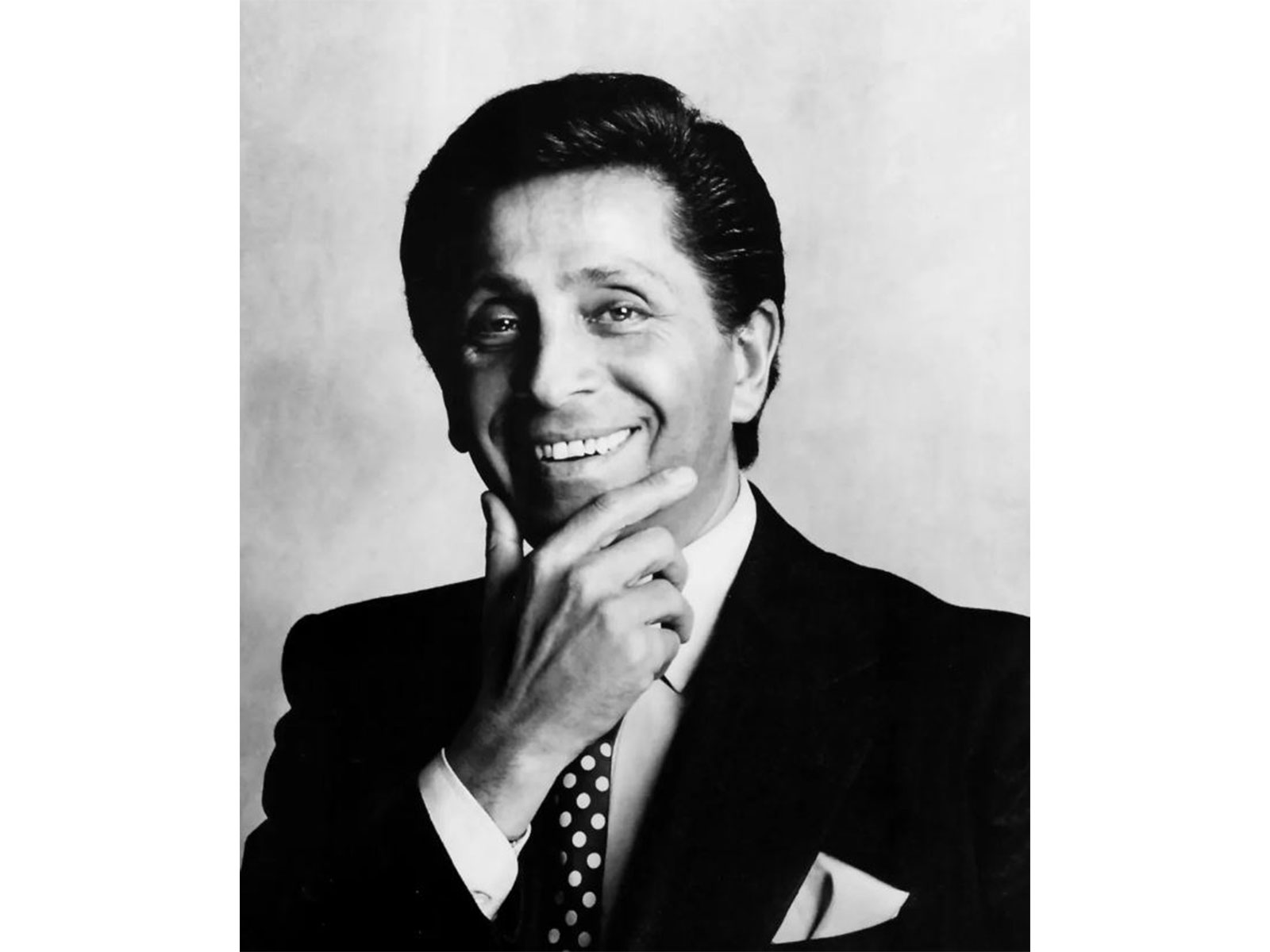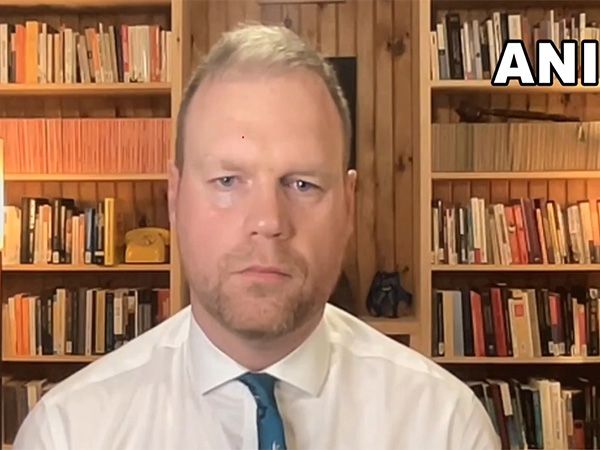
"Trump's India policy 'damages US national interest", says Independent analyst Edward Price
Sep 03, 2025
By Reena Bhardwaj
New York [US], September 3 : An independent foreign policy analyst has delivered a scathing assessment of President Donald Trump's approach to India, warning that recent trade disputes risk undermining what he describes as "the most crucial 21st century partnership."
Edward Price, an independent analyst and adjunct professor at New York University, told ANI in an exclusive interview that Trump's tariff threats against India represent a fundamental misunderstanding of both economics and statecraft.
"I used to think that President Donald Trump had a very poor understanding of economics and statecraft. And I realise now that that was wrong," Price said. "In fact, President Trump has no understanding of economics and statecraft."
The criticism comes after Trump referenced tariffs imposed by India on US companies during Oval Office remarks, despite also stating that America "gets along very well with India".
Price argued that India's tariff policies are justified given its status as a developing economy, noting that the post-war international order specifically allowed developing nations to impose higher tariffs than developed countries.
The analyst suggested Trump's approach has backfired strategically, potentially pushing India closer to China and Russia - precisely the outcome US foreign policy has sought to avoid.
Recent images showing Chinese President Xi Jinping flanked by Russian President Vladimir Putin and Indian Prime Minister Narendra Modi have raised concerns about an emerging alliance counter to US interests.
"It does seem that he has pushed India closer to Russia and China," Price observed, though he cautioned that historical tensions between these nations mean any alignment may be tactical rather than permanent. Price characterised Modi's engagement with China and Russia as a calculated reminder to Washington that India has alternatives. "Modi is smart. Modi is playing his cards. And he's reminding the US that he has a choice," he said.
The analyst emphasised India's historical preference for non-alignment, dating back to its leadership of the Non-Aligned Movement during the Cold War, suggesting New Delhi would resist permanently choosing sides in great power competition.
Responding to allegations from former National Security Advisor Jake Sullivan about Trump's business interests potentially influencing policy toward Pakistan, Price noted concerns about active presidential financial interests - traditionally avoided by US presidents.
While describing Sullivan as "a partisan political actor", Price acknowledged that Trump's financial arrangements, including controversial cryptocurrency ventures, represent "a departure from the norm."
The interview also addressed comments by Trump loyalist Peter Navarro, who controversially referred to the Ukraine conflict as "Modi's war".
Price dismissed Navarro's credibility, calling such rhetoric "very strange" and emphasising that the Ukraine conflict is "Putin's war, not Modi's war".
Price argued that India holds "the deciding vote in the 21st century", with its choice between alignment with the US or China likely to determine the outcome of great power competition.
"If India chooses the US versus China, or if India sits out of any US-China competition, it will effectively decide the outcome," he explained.
To reverse what he sees as a damaging trajectory, Price recommended two concrete steps: removing the threatened 50% tariffs on India and replacing them with zero tariffs, and offering an apology.
"I can't for the life of me understand why the president of the United States, in a confrontation with China, in a war with Russia, would deign to put 50 per cent tariffs on India," he concluded.
The assessment highlights growing concerns among foreign policy experts about the potential long-term consequences of current US-India trade tensions on broader strategic cooperation between the world's two largest democracies.
